A plan to downgrade 124,000 school exam results has been reversed in Scotland in the face of a massive outcry. Is this a precedent for unpopular results in future? And how shambolic do the SNP have to be before they lose support?
Timing is everything in politics and no one is more aware of that today than Scotland’s under-fire education secretary John Swinney. After days of protests by school students and teachers, which led to a reversal of the decision to downgrade 124,000 exam results, Swinney faces the humiliation of a no-confidence motion in the devolved parliament.
But it’s not game over for him yet, thanks to the increasingly tight grip the Scottish National Party (SNP) has on politics north of the border.
Thanks to the coronavirus pandemic, which slammed school doors shut five months ago, exam grades needed some careful consideration to ensure the entire academic year was not wasted.
In Scotland, the idea was to use teacher estimations of final grades which the Scottish Qualifications Authority (SQA) would then run through a moderation algorithm for adjustment, using the previous performances of each particular school.
Even the class idiot could see what was about to happen here: schools that struggled in the past would be deemed to be still struggling, while those that enjoyed success would be considered as continuing on an upward trajectory. The disastrous outcome led to 124,000 exam results being downgraded, affecting 76,000 pupils.
What this looked like to those studying for their all-important Higher – the Scottish equivalent of the A-Levels – was that those pupils in deprived areas were marked down by 15.2 percent on the grades their teachers had calculated, while the wealthiest pupils suffered downgrading of only 6.9 percent.
The student protest signs said it all: “Judge my work, not my postcode.”
A full U-turn on the decision means that teacher estimates of grades will now be used. But for the SNP, a centre-left party that ostensibly promotes social democracy, this is an unnecessary shambles, reinforcing a divisive ‘us-and-them’ sentiment across Scottish society and setting a messy precedent.
No wonder Scottish Labour went for the jugular with its no-confidence motion. But even that is doomed to fail, for which the education secretary will be grateful.
YouGov’s latest opinion poll predicts the SNP is headed for a landslide election win next May, with 57 percent of those polled planning to support Nicola Sturgeon’s nationalists and a massive 53 percent supporting independence.
Both figures are the highest yet recorded by the polling organisation on these issues, and are indicative of the huge support that Sturgeon commands.
While these figures are impressive, it is the support of just six people that will save Swinney’s skin.
The half dozen Green members of the Scottish Parliament have said they will oppose tomorrow’s no-confidence motion proposed by Scottish Labour and supported by the Scottish Conservatives and Lib Dems, and along with Swinney’s SNP colleagues, that will be enough to ensure his survival for now.
And while a successful no-confidence motion can certainly end a political career, it’s the Scottish government’s hugely unpopular approach to deciding upon academic grades which caused the totally avoidable shambles in the first place.
Sturgeon announced on March 18 that schools in Scotland were to shut and were unlikely to open again before the end of summer, so surely there should have been a clear, fair approach to deciding how academic grades would be awarded from that point?
Instead, the horrifically unjust “computer says no” method that was used blew up in the government’s face.
While Downing Street faces its own issues with exam grades and looks set to follow Scotland’s lead in allocating grades, lucky Prime Minister Boris Johnson has managed to sidestep this particular steaming pile of mess that Sturgeon ploughed straight through.
How the SNP ever allowed the SQA to convince them it was acceptable is a mystery, and should form a question on any future politics exams. The claims that a skewed set of results this year would affect results in future years is typical nonsense.
It demonstrates the unhealthy political preoccupation with statistics, even when granting them primacy messes with people’s lives. A school pupil’s successful grades or an uptick on a statistician’s graph?
A second question could look at how despite the obvious unfairness of the botched plan, to which they have now held up their hands, the SNP still manages to thrive on seemingly bulletproof public support.
Class, discuss.
Source and Image: https://www.rt.com/op-ed/497823-exam-results-snp-protests-scotland/

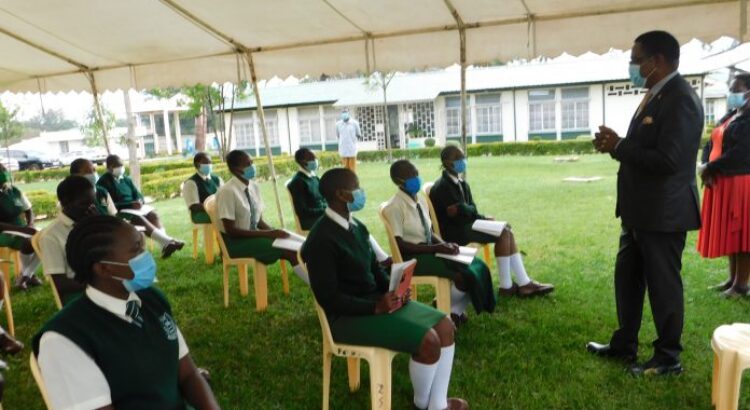
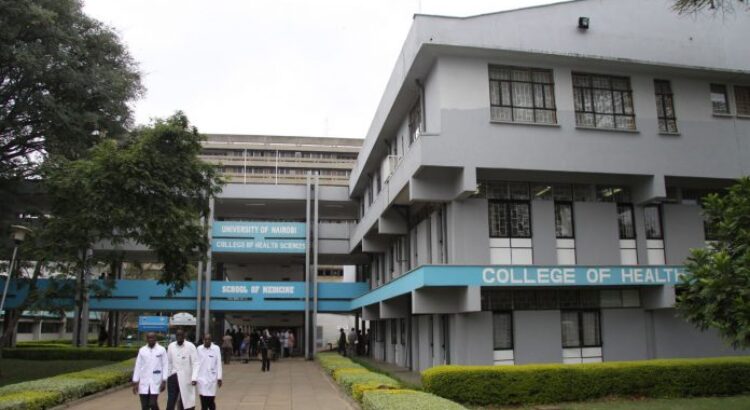
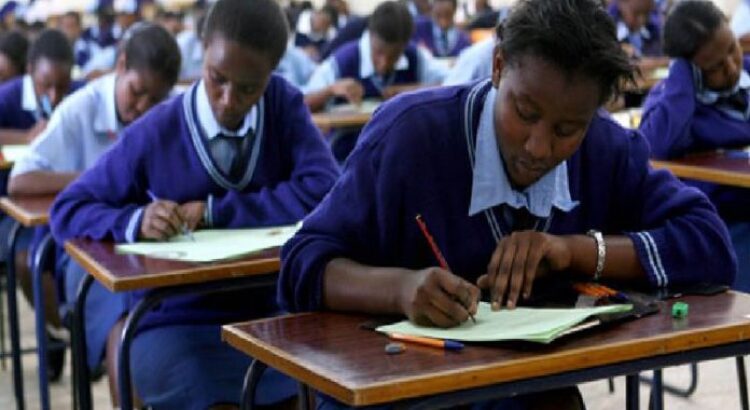

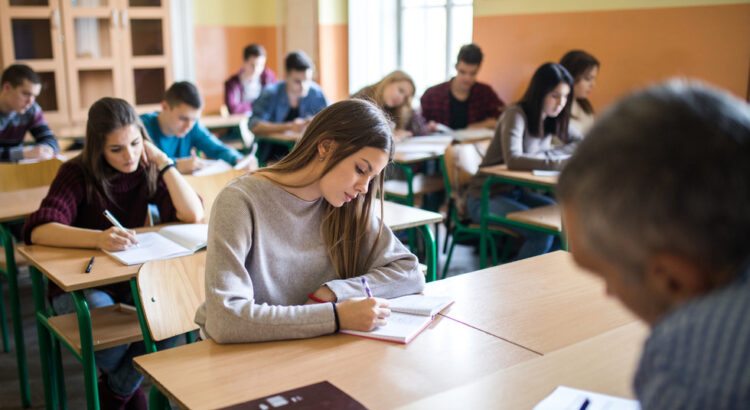

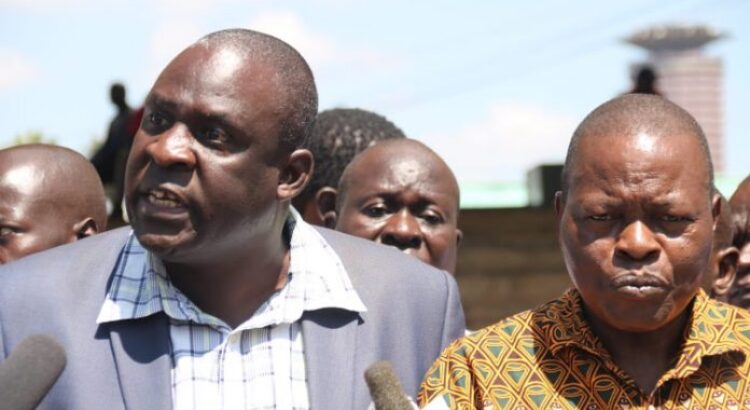






 Users Today : 102
Users Today : 102 Total Users : 35460008
Total Users : 35460008 Views Today : 147
Views Today : 147 Total views : 3418612
Total views : 3418612